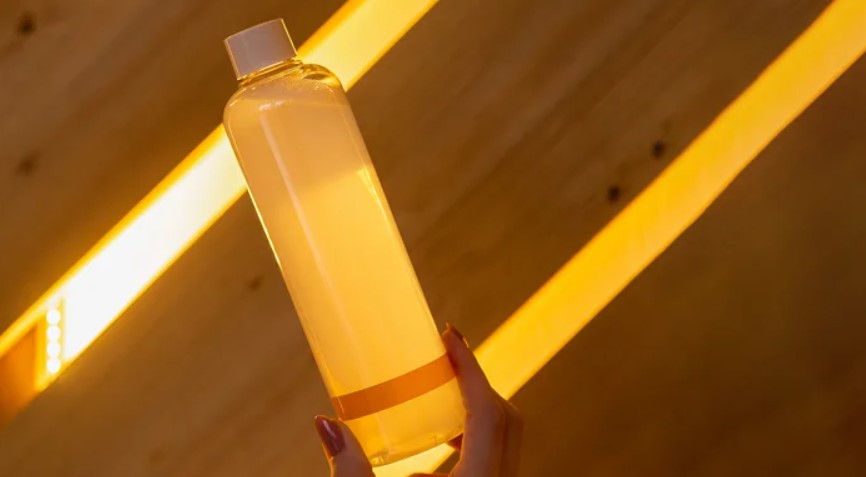Everything You Need to Know About Washing and Maintaining Your Hair for Optimal Health and Beauty

Shampoo is a common product used to clean hair and remove dirt, oil, and previous hair products. While they provide cosmetic benefits like a pleasant smell and feel, they can also cause health concerns. Shampoo can contain up to 30 different ingredients, each with a specific purpose. Some of these ingredients may cause hair loss and scalp irritation over time.
Shampoo ingredients can be divided into categories based on their purpose, such as detergents, conditioners, thickeners and opacifiers, sequestering agents, preservatives, and special additives. While each of these ingredients has a particular use, some ingredients may cause different health problems. Formaldehyde, for example, has been found in some keratin hair-smoothing treatments done in the salon, such as the “Brazilian blowout.” Formaldehyde can cause hair loss and scalp irritation, and the FDA has issued a consumer update about this issue. Class-action lawsuits have also been filed against some shampoos that contain formaldehyde releasers like DMDM hydantoin.
There have been many complaints about certain ingredients or products causing hair loss, but these associations have not been proven definitively. Some of the products and treatments that have been associated with hair loss include Unilever TRESemmé keratin shampoo and conditioners, Johnson & Johnson OGX shampoo, Straight Arrow Products Mane ‘n Tail shampoo and conditioners, WEN hair products, and DevaCurl hair products. Many people have reported hair loss and scalp irritation from using these products, and class-action lawsuits have been filed against the manufacturers. However, it is important to note that a settlement does not mean that a company admitted their product was at fault.
In addition to using certain shampoos, other hair products and practices can also cause hair loss. Traction alopecia is a type of permanent hair loss that happens when pulling causes strands of hair to break or fall out, leading to permanent damage to hair follicles. Tight hairstyles such as buns, ponytails, cornrows, dreadlocks, and tightly braided hair can all cause traction alopecia. Hair extensions or weaves can also cause hair loss if they are too tight or not attached correctly. Chemical hair treatments, such as chemical straightening, can also cause hair loss.
While it is important to know which products and hairstyles may cause hair loss, it is also important to note that certain ingredients and practices may affect people differently. Some people may be more sensitive to certain ingredients or may experience different side effects.
It is important to take steps to protect your hair from damage and hair loss. Here are some tips to keep in mind:
- Choose the right shampoo: Look for shampoos that are gentle and free of harsh chemicals like sulfates and formaldehyde releasers. Avoid shampoos that contain too many ingredients, as they may be more likely to cause irritation and damage.
- Avoid tight hairstyles: Opt for looser hairstyles that do not pull on your hair. If you need to wear a tight hairstyle, make sure to give your hair a break and avoid wearing it every day.
- Take breaks from chemical treatments: Chemical treatments like coloring, straightening, and perming can damage your hair over time. Take breaks from these treatments and give your hair a chance to recover.
- Protect your hair from the sun: Exposure to the sun can damage your hair and cause it to become brittle and dry. Wear a hat or use a hair product with SPF to protect your hair from the sun’s harmful rays.
- Use a wide-tooth comb: Use a wide-tooth comb to detangle your hair gently. Avoid using brushes and combs that can damage your hair and cause breakage.
- Eat a healthy diet: A balanced diet with a variety of vitamins and minerals can promote healthy hair growth. Make sure to include plenty of fruits, vegetables, whole grains, lean protein, and healthy fats in your diet.
- Reduce stress: Stress can cause hair loss by disrupting the hair growth cycle. Try to reduce stress in your life through relaxation techniques, exercise, and taking time for yourself.
- Avoid harsh treatments: Chemical treatments like hair coloring, perming, and relaxing can damage hair and cause it to break or fall out. Avoid using these treatments frequently or opt for natural alternatives.
- Protect your hair: Use protective measures like wearing a hat or using a hair wrap when exposed to harsh weather conditions like wind, sun, and cold temperatures. Be gentle when styling your hair and avoid tight hairstyles that pull on your hair.
- Get enough sleep: Lack of sleep can disrupt the body’s hormonal balance and lead to hair loss. Aim for seven to eight hours of sleep per night.
- Take supplements: Supplements like biotin, zinc, and iron may promote healthy hair growth. Talk to your healthcare provider before taking any new supplements.


